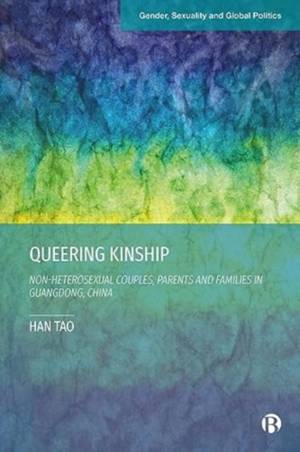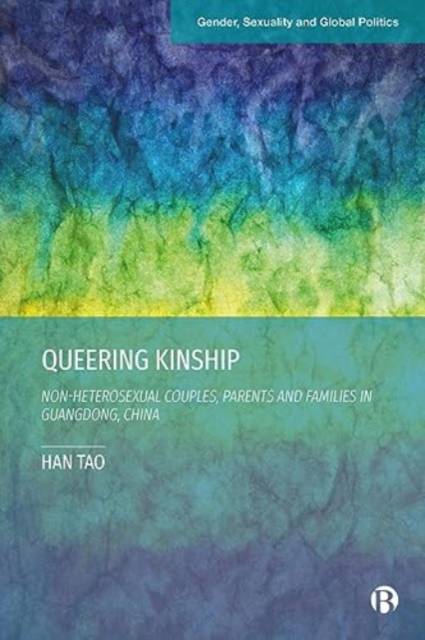
- Afhalen na 1 uur in een winkel met voorraad
- Gratis thuislevering in België vanaf € 30
- Ruim aanbod met 7 miljoen producten
- Afhalen na 1 uur in een winkel met voorraad
- Gratis thuislevering in België vanaf € 30
- Ruim aanbod met 7 miljoen producten
Omschrijving
Based on ethnographic fieldwork in Guangdong, China, this book asks: what does it mean for Chinese non-heterosexual people to go against existing state regulations and societal norms to form a desirable and legible queer family?
Chapters explore the various tactics queer people employ to have children and to form queer or 'rainbow' families. The book unpacks people's experiences of cultivating, or losing, kinship relations through their negotiation with biological relatives, cultural conventions and state legislations. Through its analysis, the book offers a new ethnographic perspective for queer studies and anthropology of kinship.
Specificaties
Betrokkenen
- Auteur(s):
- Uitgeverij:
Inhoud
- Aantal bladzijden:
- 202
- Taal:
- Engels
- Reeks:
Eigenschappen
- Productcode (EAN):
- 9781529233278
- Verschijningsdatum:
- 25/06/2024
- Uitvoering:
- Hardcover
- Formaat:
- Ongenaaid / garenloos gebonden
- Afmetingen:
- 156 mm x 234 mm
- Gewicht:
- 462 g

Alleen bij Standaard Boekhandel
Beoordelingen
We publiceren alleen reviews die voldoen aan de voorwaarden voor reviews. Bekijk onze voorwaarden voor reviews.











